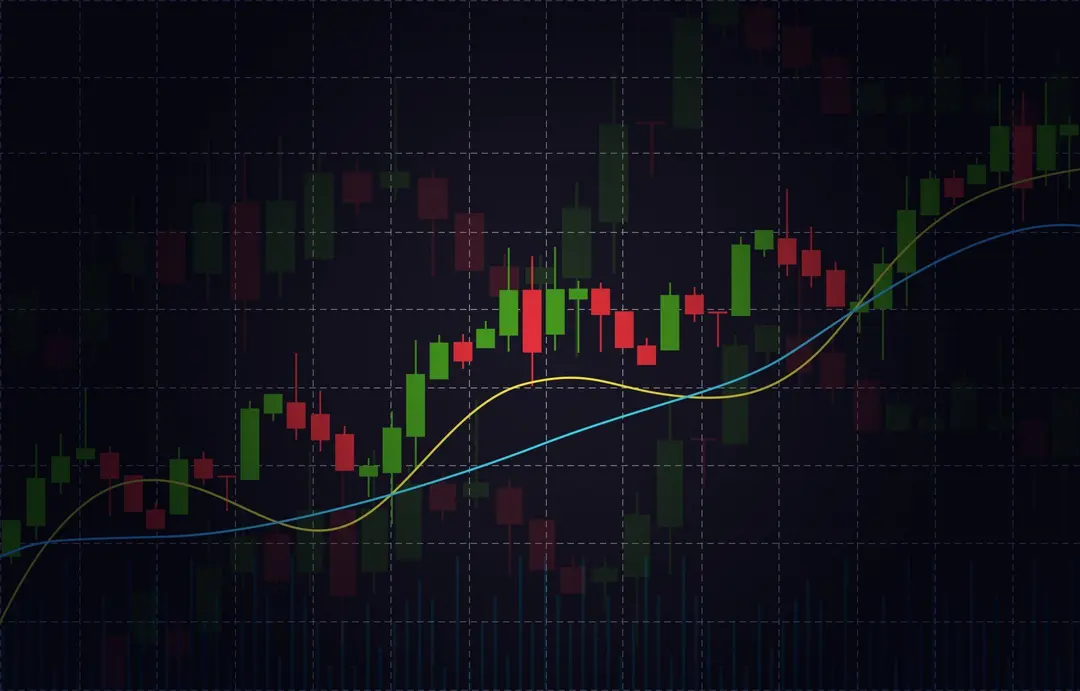Contract agreements and commodity deliveries for a specific date can be bought and sold on special auction markets known as futures markets. These “futures” are bought and sold at a specific price today for delivery in the future. People can make money on futures by buying something today for less than what it will be worth in the future when the delivery is due.
Agricultural producers, like farmers, often take advantage of futures to secure stable revenue. Locking in a sale price at today’s rate may insulate them from instability or price drops in the future.
However, futures trading is not a risk-free proposition. The opposite can occur, with the value of the crop being higher when it’s delivered, resulting in a loss of potential profits.
What Does It Mean to “Go Long” on a Futures Trade?
Going long on a futures trade means you’re making a bet that the price of a commodity or equity will be higher at a future date. For example, you buy a single near-month NYMEX Brent Crude Oil Futures contract at $90. Next week the price of crude oil goes up, causing your single futures contract value to increase to $95. You could sell the contract for a $5 profit. If the price of crude oil goes down instead of up and your contract is only worth $85, you will lose $5 if you exit your position.
Futures contracts have greater potential for profit and risk for loss than traditional equity trading due to leveraging. An investor might be able to open a futures contract position for 1,000 barrels of oil by “depositing” just 30 percent of the contract’s value. This means you can open a $50,000 futures position with just $15,000. The profits you would take (or the loss) would be based on the full $50,000, not just your $15,000 deposit. This is what’s known as “leverage,” and it can be a powerful tool of wealth creation or destruction depending on how it’s used.
Businesses Can Use Futures to Hedge Against Risks Like Price Fluctuations
Crude oil is a good example of a commodity that experiences sometimes rapid price fluctuations. These fluctuations can make it difficult for companies that use or produce crude oil in large quantities to accurately predict business performance. Oil producers may use futures to hedge against price changes:
- An oil company has a contract to deliver 10,000 barrels of crude oil in 12 months
- If the price of oil drops in 12 months, they are at risk of losing money
- To protect itself, the company sells 10 contracts for 1,000 barrels in 12 months (when the 10,000-barrel contract is due)
By selling the futures at today’s price, the oil company can lock in their revenue. It may turn out that in 12 months the cost of crude will have gone up, not down, but the company may value predictability over the risks posed by unpredictability.
International companies may take similar actions with currency futures, allowing them to lock in predictable exchange rates.
How Is Hedging Different Than Speculation?
“Hedge” funds don’t always hedge in the way a farmer or oil company might. They often make money by “speculating” with futures contracts. They can make use of leverage to actively trade futures contracts at a high volume based on the expertise of their traders. These traders have extensive experience predicting markets by looking for signs and trends that point to movement in the price of futures. They make highly leveraged long or short bets based on whether those futures will increase or decrease in value.
Are There Stock Futures?
Yes – investors can make futures bets on how the stock market will perform. Index futures, like S&P 500 futures, are particularly popular. The idea is basically the same as commodity futures where investors are making a bet that the index will increase or decrease in value by a given date.
Are Futures Right for Your Portfolio?
If you’re a Phoenix worker or soon-to-be retiree seeking help growing your retirement savings, Fullerton Financial Planning is here to help. Our advisors put our clients’ interests first and have extensive experience crafting risk management and investment strategies for Phoenix retirement savers.
Schedule a consultation with our financial planners by calling us at (623) 974-0300.






